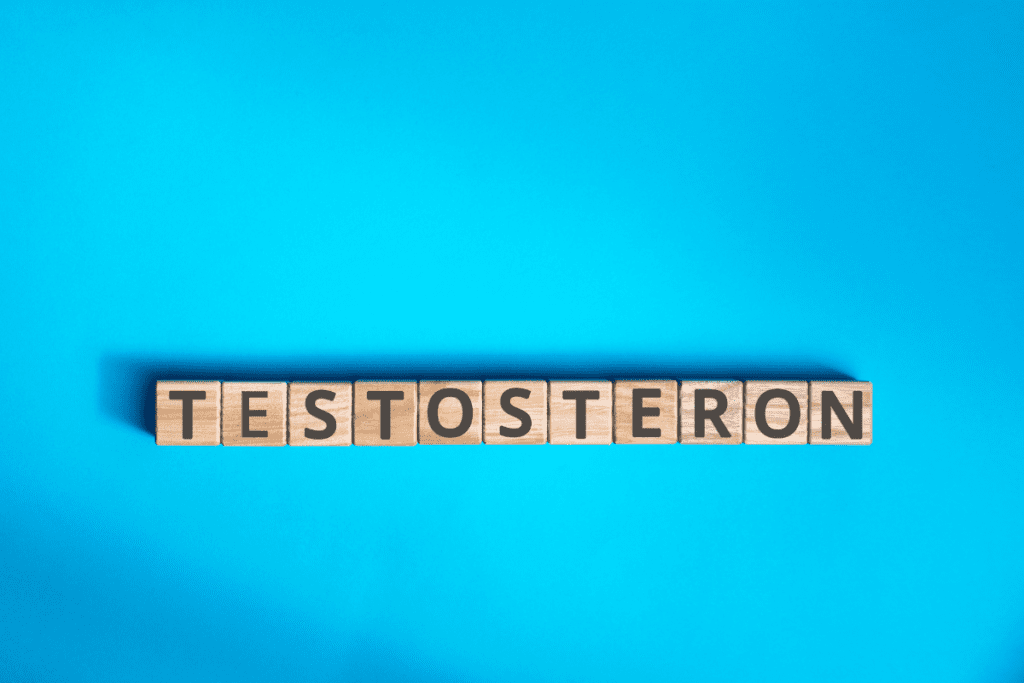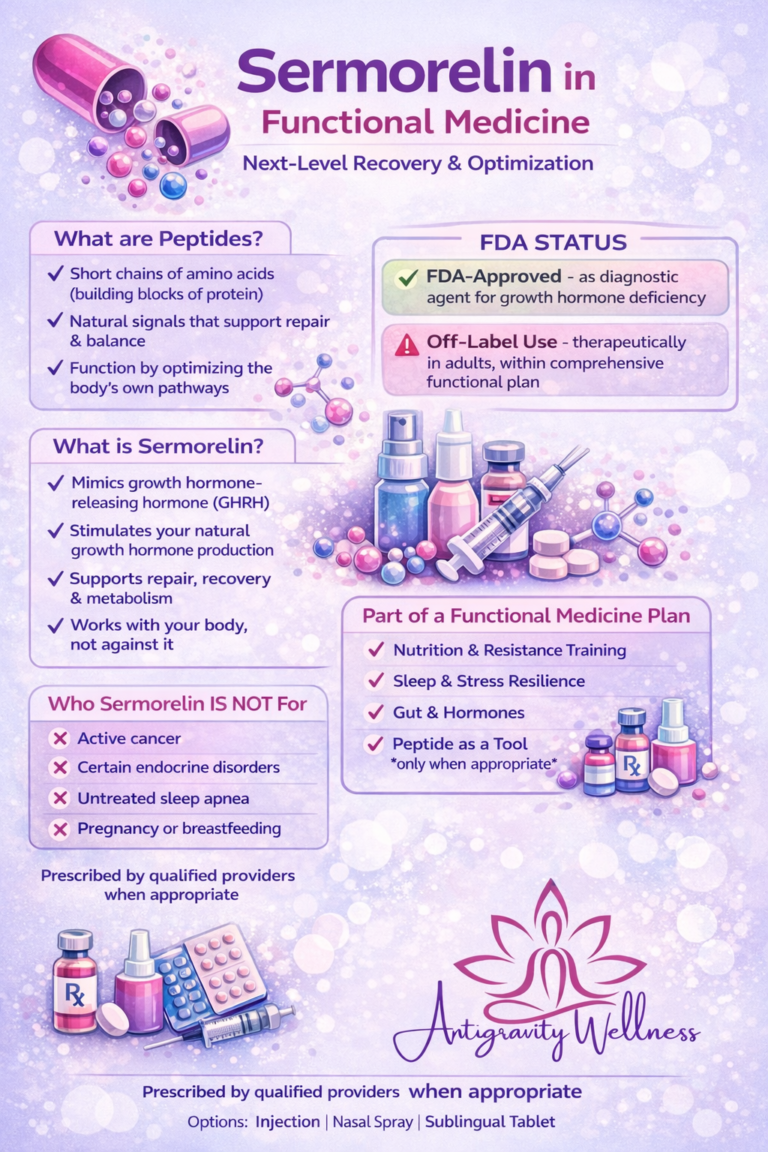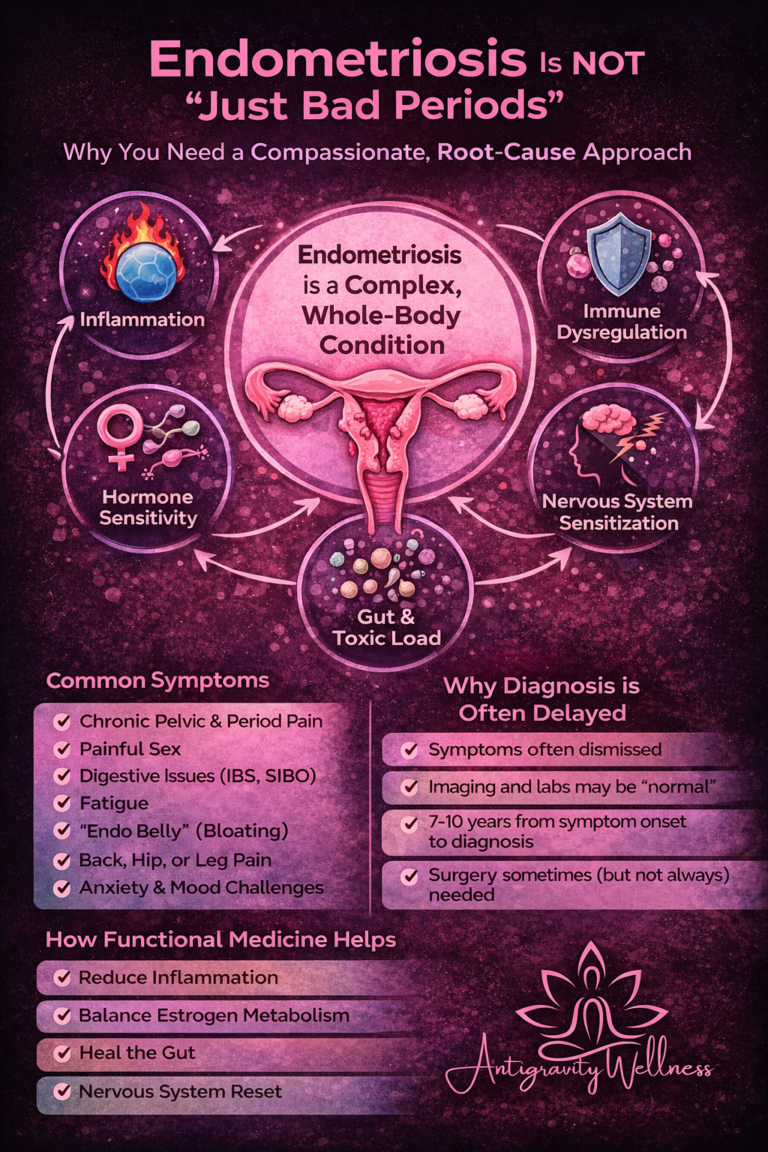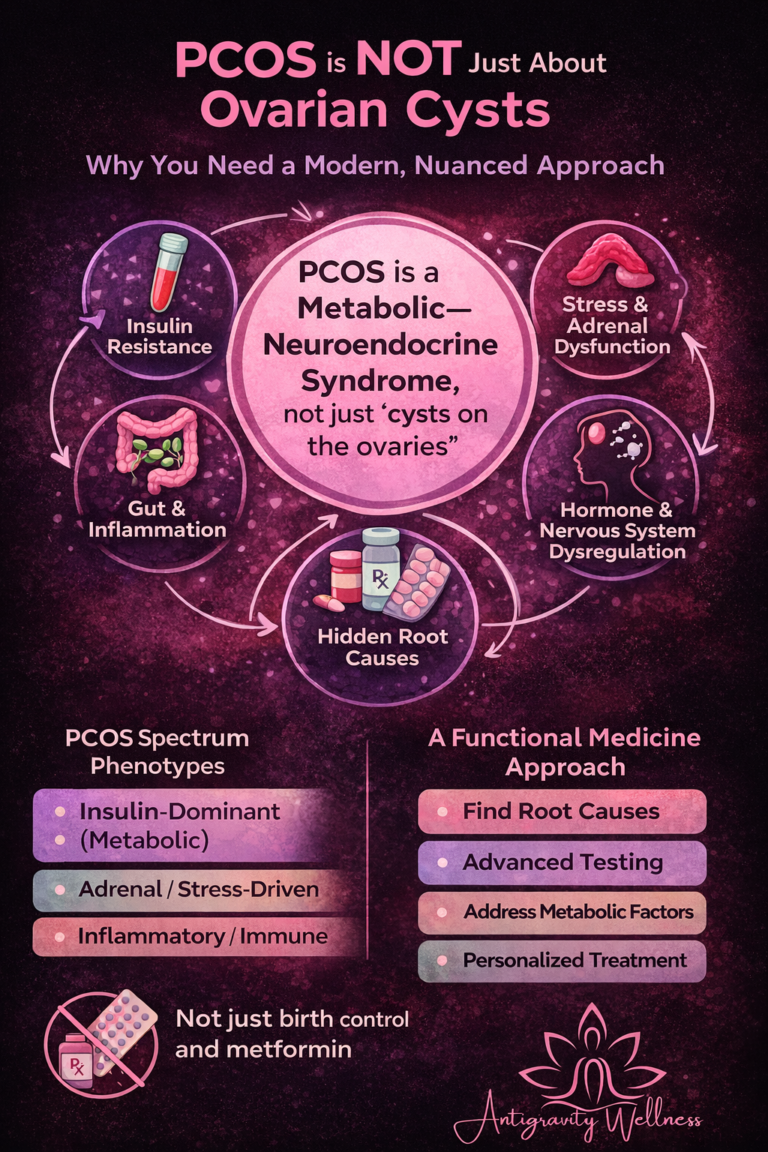
When we think of testosterone, it’s often associated with men. However, testosterone is also a critical hormone for women, playing a significant role in overall health, vitality, and well-being. As women enter perimenopause and menopause, declining testosterone levels can contribute to various symptoms that impact quality of life. Understanding the role of testosterone, how it affects the body, and the options for balancing it is crucial for navigating this phase of life.
—
What is Testosterone?
Testosterone is an androgen, or “male hormone,” that women also produce in smaller amounts. It is primarily produced by the ovaries and adrenal glands and has widespread effects on the body. Though its levels are lower than in men, testosterone is vital for women’s overall health and plays key roles in:
Libido and sexual satisfaction
Muscle strength and mass
Bone density
Mood and mental clarity
Energy levels
—
How Testosterone Affects the Body
1. Reproductive System
Supports libido and sexual arousal.
Contributes to vaginal lubrication and sensitivity.
2. Musculoskeletal System
Promotes muscle protein synthesis, aiding in muscle growth and strength.
Helps maintain bone density, reducing the risk of osteoporosis.
3. Endocrine and Metabolic System
Modulates insulin sensitivity and glucose metabolism, reducing the risk of insulin resistance.
4. Nervous System
Supports mood stability and mental clarity.
—
Symptoms of Low Testosterone
As women age, testosterone levels naturally decline, particularly in perimenopause and menopause. Symptoms of low testosterone include:
Decreased libido and sexual satisfaction
Fatigue and low energy
Loss of muscle mass and strength
Increased body fat
Mood changes, such as depression or irritability
Difficulty concentrating or “brain fog”
—
Symptoms of High Testosterone
High testosterone levels can also cause problems, especially if it is converted into dihydrotestosterone (DHT), a more potent androgen. Symptoms include:
Acne or oily skin
Excess facial or body hair (hirsutism)
Hair thinning or male-pattern baldness
Increased aggression or mood swings
—
The DHT Pathway and Androgenic Symptoms
Testosterone can be converted into DHT through an enzyme called 5-alpha reductase. DHT is responsible for more androgenic symptoms such as acne, hair thinning, and excess body hair. This pathway can become problematic if testosterone is not carefully balanced, highlighting the need for individualized therapy and close monitoring.
—
Testosterone and Insulin Resistance
Testosterone influences how the body processes glucose and insulin. Low testosterone levels can contribute to insulin resistance, increasing the risk of weight gain, metabolic syndrome, and type 2 diabetes. Balancing testosterone may improve metabolic health and support weight management.
—
Testosterone and Libido
Testosterone is closely linked to sexual desire in women. Low levels can lead to decreased libido, arousal, and sexual satisfaction. For women experiencing Female Sexual Interest/Arousal Disorder (FSIAD), testosterone replacement may be a valuable treatment option when other strategies have failed.
—
Testosterone and Muscle Mass
Testosterone is critical for maintaining and building muscle mass. Declining levels during perimenopause and menopause can lead to muscle loss, decreased strength, and reduced metabolism. Adequate testosterone levels, paired with resistance training and proper nutrition, are key for preserving muscle and preventing sarcopenia.
—
Natural Ways to Support Testosterone Balance
While hormone replacement therapy is an option, natural strategies can also help improve testosterone levels:
1. Diet
Include foods rich in zinc (pumpkin seeds, oysters) and magnesium (spinach, almonds).
Maintain a balanced intake of healthy fats to support hormone production.
2. Exercise
Resistance training and high-intensity interval training (HIIT) have been shown to boost testosterone.
3. Stress Management
Chronic stress raises cortisol levels, which can suppress testosterone production. Practices like yoga and meditation can help.
4. Herbal Supplements
Ashwagandha: May reduce stress and support testosterone production.
Tribulus Terrestris: Commonly used to improve libido and support testosterone levels.
Fenugreek: Has been shown to support testosterone balance and libido in some studies.
—
Testosterone Replacement Therapy (TRT)
The American Menopause Society has updated its guidelines to recommend testosterone replacement as an option for women when other efforts have failed, particularly for conditions like Female Sexual Desire Disorder.
Key Considerations for TRT
Customization: Testosterone is a controlled substance, and dosing must be individualized for each woman.
Monitoring: Close follow-up is essential to ensure appropriate levels and prevent side effects.
Availability: Currently, there are no FDA-approved testosterone products specifically for women in the U.S. Compounded formulations are used, but future FDA approval of customized products could reduce costs and improve access.
—
Why Testosterone is Important for Women
Despite its reputation as a “male hormone,” testosterone is vital for women’s health. It influences libido, muscle mass, metabolic health, and overall vitality. Addressing low testosterone levels can significantly improve quality of life for perimenopausal and menopausal women.
—
Further Reading and Resources
The Hormone Repair Manual by Lara Briden
Estrogen Matters by Avrum Bluming and Carol Tavris
Scientific Articles:
Testosterone Replacement Therapy for Women
The Role of Testosterone in Female Sexual Function
—
Let Antigravity Wellness Support Your Hormonal Health
At Antigravity Wellness, we specialize in helping women navigate hormonal imbalances related to perimenopause and menopause. If you believe low testosterone might be affecting your health, we offer comprehensive telemedicine consultations for women in Washington and Oregon.
You can schedule a brief initial consult to discuss your symptoms and explore how we can help restore balance and vitality to your life.




